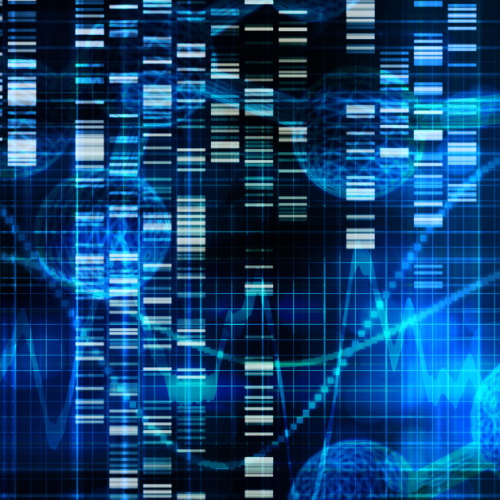Key points from article :
Scientists at a California startup called Profluent used AI to design a new version of the CRISPR gene-editing tool with the goal of improving its accuracy.
Instead of searching for new CRISPR components in nature, the researchers trained a large language model (like the tech behind ChatGPT) on a huge database of existing CRISPR systems to generate millions of totally new protein sequences.
The AI-designed editor, named OpenCRISPR-1, demonstrated similar gene-editing abilities to classic CRISPR in human cells, but with significantly higher precision.
OpenCRISPR-1 could also perform precise base editing, a type of gene editing that changes single DNA letters, with accuracy comparable to existing tools.
This AI-powered CRISPR system has only been tested in lab-grown cells, and further research is needed to ensure its safety and effectiveness in living organisms before any potential medical usage.
Profluent's work shows that AI can potentially help us create more precise and powerful gene-editing tools, potentially opening new doors for treating diseases and improving crops.






